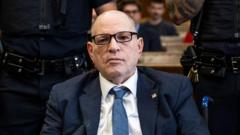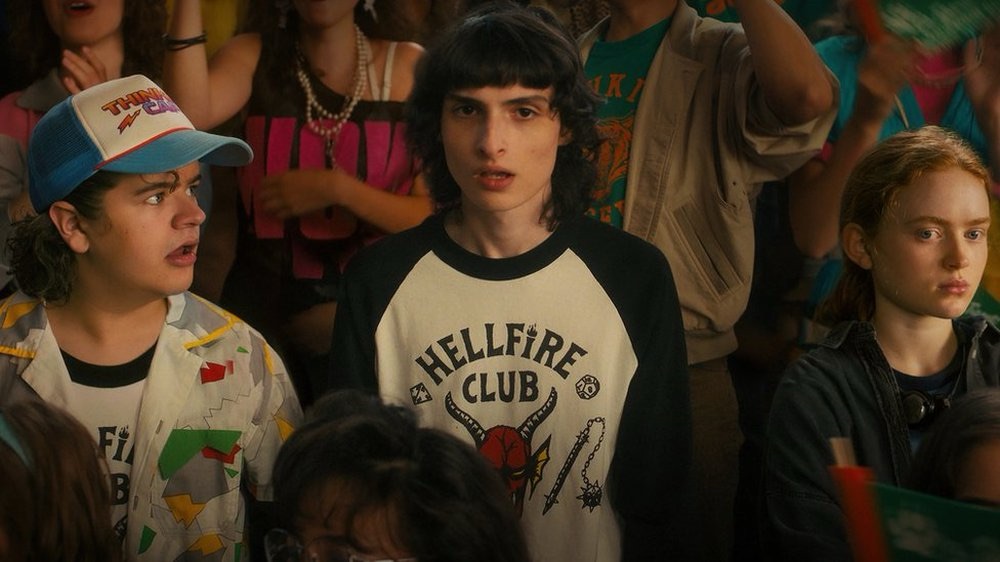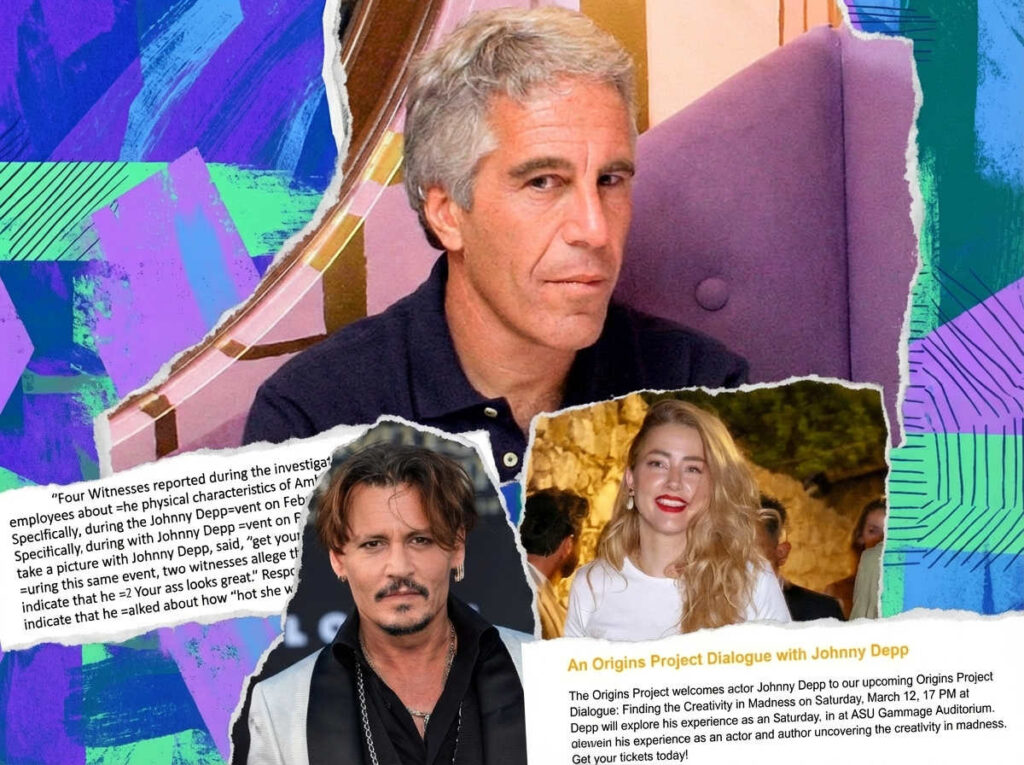In a highly anticipated retrial, Washington prosecutors have accused Harvey Weinstein of leveraging his extensive influence in Hollywood to sexually abuse several women. During the opening statements of the trial, Assistant District Attorney Shannon Lucey emphasized the pattern of coercion and manipulation utilized by Weinstein, stating, "The defendant desired their bodies, and the more they resisted, the more aggressive he became." The disgraced film producer is facing accusations from three women, including a former production assistant, an aspiring actress, and a model, marking his third trial in five years.
Weinstein has pleaded not guilty, and his attorney, Arthur Aidala, aimed to undermine the women's credibility, asserting that their testimonies lack coherence. Aidala claimed the jury would find that the evidence presented by the prosecution would ultimately "fall flat." The legal complications for Weinstein stem from a prior conviction that was overturned last year, leading to the new indictments brought in September.
A panel of 12 jurors, comprising seven women and five men, has been assembled to decide on Weinstein's fate. Murmurs of past abuses were echoed as Lucey detailed the experiences of the women who had suffered at the hands of a "Hollywood gatekeeper" with seemingly limitless power for over thirty years. The current trial revisits allegations made by actress Jessica Mann and production assistant Miriam Haley, while also introducing claims from Polish model Kaja Sokola, who alleged assault by Weinstein at age 16.
Lucey's recounting of the women's traumatic encounters painted a stark picture of Weinstein's actions, describing how he manipulated situations to create opportunities for abuse under the guise of business meetings. She shared that many victims struggled with shame and silence, feeling isolated due to Weinstein's prominent position in the film industry.
In a rebuttal, Aidala adopted an aggressive strategy, claiming the relationships with these women and Weinstein were consensual and that their legal actions were financially motivated. He argued that their continued communication with Weinstein after the alleged assaults was indicative of a different narrative that didn't align with the notion of victimhood.
Weinstein, aged 73, previously served a 23-year sentence for sexual crimes in New York, but this latest trial follows a ruling that his original 2020 trial was unfair, based on problematic testimony. In addition, he has been convicted of rape in a California trial, where he was sentenced to 16 years.
Despite health concerns, including cancer and diabetes, Weinstein has been granted a request to remain at a hospital during his court appearances, stemming from complaints about his treatment at Rikers Island prison. With allegations from over 100 women, Weinstein’s situation underscores the seismic shift brought about by the #MeToo movement, providing a platform for survivors to share their stories and seek justice.
As the trial progresses, Lucey noted that the courage of the accused women has encouraged others to step into the light, leading to a reckoning with sexual abuse within the powerful circles of Hollywood. Before his fall from grace, Weinstein was well-known as a key player in the film industry, co-founding the Miramax film studio which saw critical success and significant Academy Award nominations and wins.






















